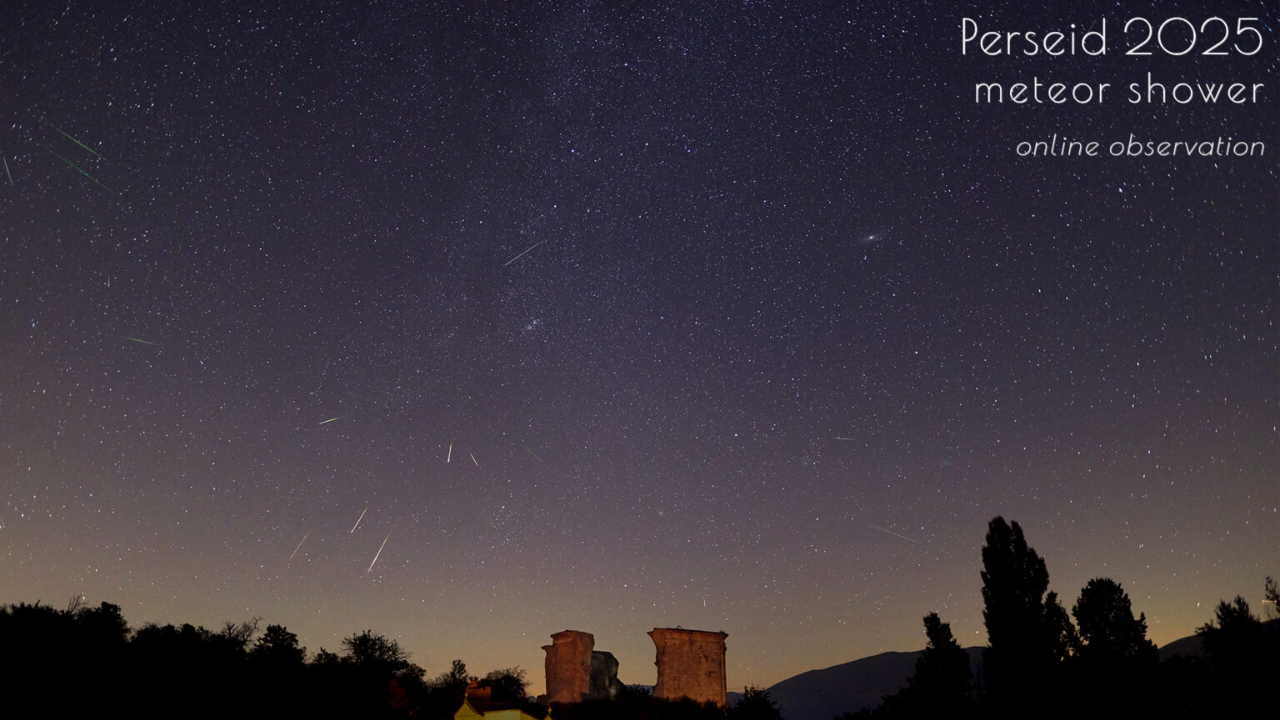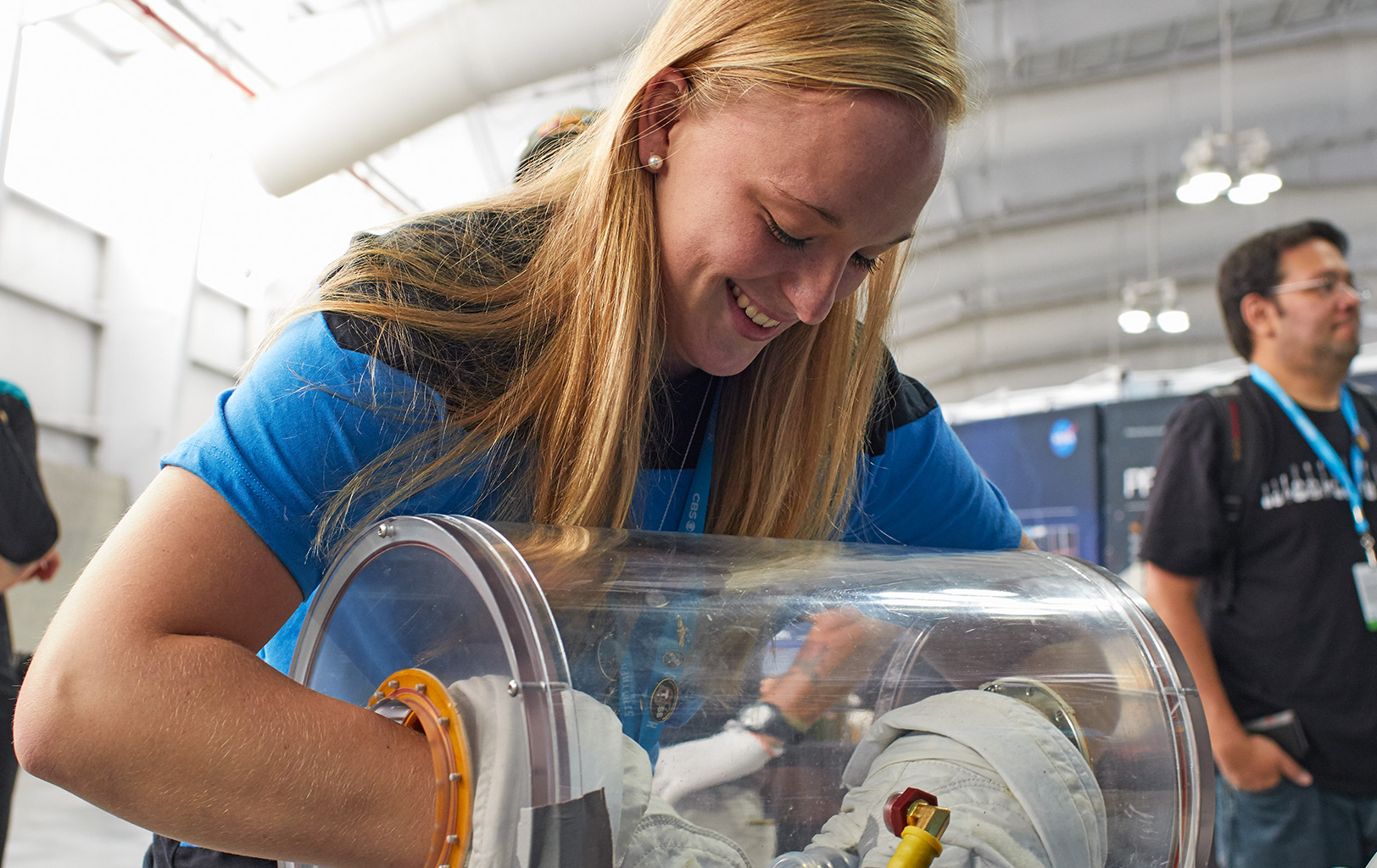Watch the 2025 Perseid meteor shower peak Aug. 12 in free webcast
The Perseids put on one of the best sky shows of the year.

Breaking space news, the latest updates on rocket launches, skywatching events and more!
You are now subscribed
Your newsletter sign-up was successful
Want to add more newsletters?

Delivered daily
Daily Newsletter
Breaking space news, the latest updates on rocket launches, skywatching events and more!

Once a month
Watch This Space
Sign up to our monthly entertainment newsletter to keep up with all our coverage of the latest sci-fi and space movies, tv shows, games and books.

Once a week
Night Sky This Week
Discover this week's must-see night sky events, moon phases, and stunning astrophotos. Sign up for our skywatching newsletter and explore the universe with us!

Twice a month
Strange New Words
Space.com's Sci-Fi Reader's Club. Read a sci-fi short story every month and join a virtual community of fellow science fiction fans!
Editor's note: WOW, despite the glare of the almost full moon, the Perseids still put on a spectacular display worldwide. Check out our roundup of the best photos of the Perseids 2025.
One of the year's most dazzling sky shows is about to peak as the annual Perseid meteor shower lights up the night — and you can enjoy the event live online.
The Perseid meteor shower is expected to reach peak activity on Tuesday evening (Aug. 12) through the early morning hours of Wednesday (Aug. 13). The Virtual Telescope Project will host a free livestream on Tuesday beginning at 5 p.m. EDT (2100 GMT), offering skywatchers real-time views of dozens of shooting stars every hour.
Dark skies in central Italy allow the Virtual Telescope Project to capture wide-field views of the meteor shower using its robotic telescopes. The livestream event will also feature commentary from astrophysicist Gianluca Masi. The stream will be available via the project's WebTV page, YouTube channel and here on Space.com, courtesy of the Virtual Telescope Project.
The Perseids are known for producing consistent meteors and occasional fireballs — "shooting stars" that blaze more brightly than Venus in the sky — as Earth passes through debris left by Comet Swift-Tuttle. The Perseids peak as Earth passes through the densest and dustiest area of the comet's trail.
The Perseid meteor shower is active every year from mid-July to late August. Under clear skies and low light pollution, this year's shower could deliver between 50 and 100 meteors per hour at its peak. However, a waning gibbous moon will rise before midnight, potentially washing out some of the fainter meteors with its bright light.
Still, the brightest Perseids should shine through, especially during the predawn hours when the constellation Perseus — from which the meteors appear to radiate, hence the shower's name — climbs high in the northeastern sky.
Breaking space news, the latest updates on rocket launches, skywatching events and more!
The best time to view the meteor shower will be between 3 and 4 a.m. local time. Observers watching in person are encouraged to find a dark spot and allow time for their eyes to adjust. The meteor shower is visible to the naked eye, so no telescopes or binoculars are needed.
Whether you're outside under the stars or viewing the Virtual Telescope Project's live webcast, the Perseids remain one of the most remarkable meteor showers of the year.

Samantha Mathewson joined Space.com as an intern in the summer of 2016. She received a B.A. in Journalism and Environmental Science at the University of New Haven, in Connecticut. Previously, her work has been published in Nature World News. When not writing or reading about science, Samantha enjoys traveling to new places and taking photos! You can follow her on Twitter @Sam_Ashley13.
You must confirm your public display name before commenting
Please logout and then login again, you will then be prompted to enter your display name.
